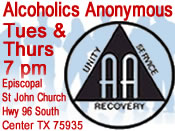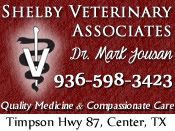July 8, 2020 - We are now living in a new world. Wearing masks at work and while grocery shopping. No more handshakes, just a wave from six feet away. Putting on make-up and fixing your hair, yet staying in your pajamas for a Zoom meeting. Drive through doctor visits and testing. Although the way we do things have changed, what hasn’t changed is the reason why we do things.
We go to the grocery store for food. We wave at people to greet one another. We attend Zoom meetings in order to connect and conduct business. We don’t go to the doctor; the doctor comes to us via video chat because we still have illnesses to overcome. The same is true with addiction and substance use disorders. The issue still remains, but the way we confront it has changed, and as it turns out, this change has had a greater positive impact than expected.
Because of the changes in regulations in response to COVID-19, more people are seeking help for opioid use disorder and other addiction problems. According to a recent study released by the University of Michigan Addiction Center and VA Ann Arbor Healthcare System, barriers that had once existed have been removed through telehelp, telemedicine, and video chat.
The biggest barriers for East Texas, where addiction specialist is mostly located in urban hubs, has been for those who live in rural areas and finding transportation to appointments. Now, a simple phone call or video chat can take the place of having to drive long distances.
With these and other changes in the way addiction and substance use disorders are treated, more people could have access to care such as counseling and peer group support. “Before COVID-19, treatment of substance use disorders was one the least-used forms of telemedicine, because of a combination of regulatory issues, clinician comfort and patient comfort,” says Allison Lewei Lin, M.D., M.Sc., lead author and an addiction psychiatrist at the University of Michigan.
During this time of “new things” it would be an excellent time to focus on changing “old habits” and committing to living healthier. The Alcohol & Drug Abuse Council is committed to helping East Texans and is available to help via telehelp. You can contact ADAC for more assistance by calling (936) 634-5753 or (800) 445-8562.









